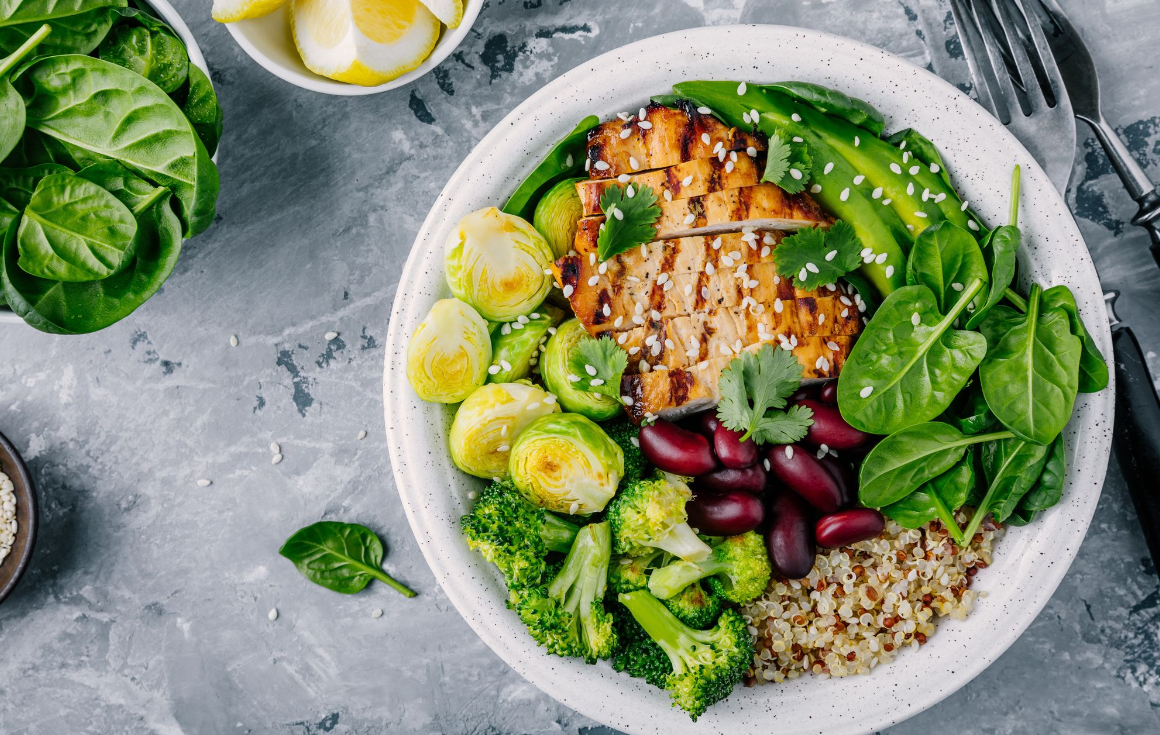Candida is a type of yeast that exists in the human body. While its presence is typically not dangerous, candida overgrowth can lead to serious health issues and several symptoms. While there are other causes of candida infection, diet plays a significant role. This is why embracing a candida diet is recommended for those with candida. This diet requires minimising or eliminating the consumption of specific foods that promote yeast growth. Instead, doctors advise those with an infection to eat foods that support a healthy balance. So, what foods can you eat, and which should you avoid if you have a candida infection?
Non-starchy Vegetables and Low-sugar Fruits
Non-starchy vegetables contain little sugar and starch that candida needs to thrive in the digestive tract. Some fruits are lower in sugar so those with candida can eat them in moderation.
Some recommended vegetables include tomatoes, onions, kale, Brussels sprouts, and broccoli. Good fruit choices include olives, citrus fruits, and berries. All of these fruits can help reduce the symptoms of candida and work alongside other interventions. However, you should get a candida test if you are experiencing symptoms so the doctor can further explore the potential causes and advise accordingly.
Fermented Foods
Bacteria are important for controlling the levels of candida in the digestive tract. When these bacteria are eliminated, typically through the overuse of broad-spectrum antibiotics, the risk of candida overgrowth increases.
Fermented foods contain probiotics. These are live bacteria that are great for gut health. Doctors recommend kimchi, sauerkraut, and yoghurt as excellent sources of probiotics.
It is also a good idea to talk to your doctor about prebiotics. These are non-digestible fibres that support the growth of gut bacteria. These fibres are found in vegetables, whole grains, legumes and vegetables.
Foods to Avoid: Sugar
Because it is a yeast, candida thrives in a sugar-rich environment. Sugar is its main food source, so it is important to avoid sugar and foods that contain a lot of it as much as possible. Doctors recommend avoiding all types of sugar, including white sugar, brown sugar, added sugar, agave nectar, and honey.
Some research suggests you can start consuming sugar again once the symptoms go away. However, you have to keep an eye out for the symptoms of candida because the infection can recur if you do this.
Refined Carbohydrates and Mouldy Foods
Refined carbohydrates are broken down into sugar shortly after ingestion. If you have a candida infection, doctors recommend avoiding pastries, pasta, and white bread.
Many people enjoy cheese with some dishes. It is a mould-ripened food that contains mycotoxins. These substances can worsen candida overgrowth and cause severe symptoms, so it is best to avoid mouldy foods. Besides cheese, you should also avoid mould-ripened bread and nuts, which can cause severe complications beyond worsening candida symptoms.
Since diet plays a significant role in candida infections, watching what you eat can help improve the condition. However, everyone responds differently to these changes, and they are not a replacement for medical interventions. Talk to your doctor if you have a candida infection so they can investigate the cause, advise you on any required dietary changes, and prescribe medication such as antifungal drugs.

